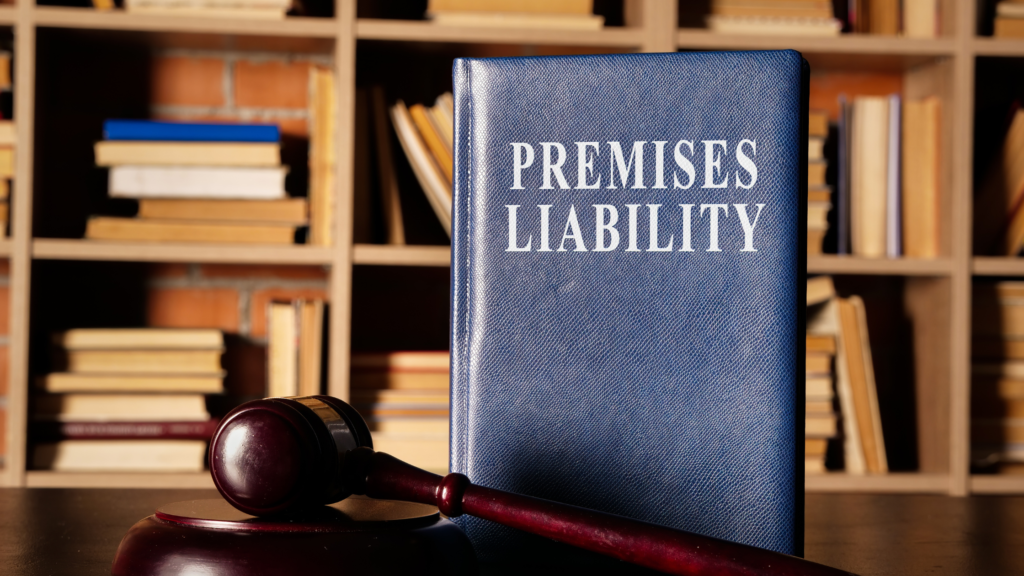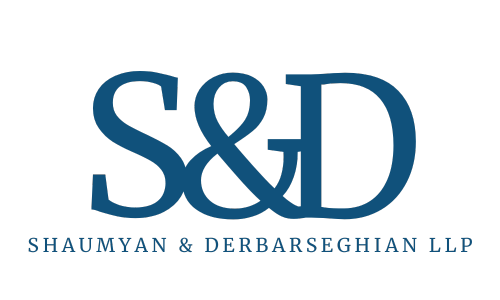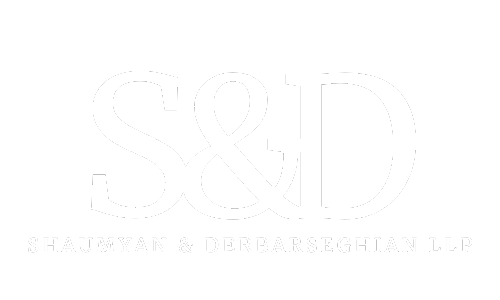
What Property Owners Owe You
When we enter public or private property, we trust that it’s safe and well-maintained. However, not all property owners meet their responsibilities, which can lead to dangerous conditions and injuries. In California, premises liability laws protect individuals who are injured on another person’s property due to negligence. Understanding these laws can help you know your rights if you’re injured and what property owners are obligated to do to keep you safe. At Shaumyan & Derbarseghian, LLP, we advocate for clients affected by property-related injuries, helping them pursue the compensation they deserve.
What Is Premises Liability?
Premises liability is a legal concept that holds property owners or occupiers responsible for accidents or injuries that occur on their property due to unsafe conditions. This liability covers a range of incidents, from slip and fall accidents to injuries caused by poor maintenance, building code violations, and even negligent security.
The core of premises liability is negligence. To hold a property owner liable, you must demonstrate that they were negligent in maintaining or managing the property, resulting in the conditions that caused your injury.
Legal Duty of Care: What Property Owners Owe You
In California, property owners are required by law to maintain a standard of care. This means keeping their premises safe, addressing hazards promptly, and warning visitors of any potential dangers. This duty varies depending on the circumstances of the visitor and the property’s use:
- Invitees: These are individuals invited onto a property for business purposes, like customers in a store or tenants in an apartment complex. Property owners owe the highest duty of care to invitees, which includes regularly inspecting the property and promptly addressing potential hazards.
- Licensees: These are social guests or others allowed on the property for non-business reasons. Property owners owe licensees a moderate duty of care, including warning them of any known dangers that might not be obvious.
- Trespassers: Individuals entering a property without permission generally have the least protection under premises liability law. However, California law still requires property owners to avoid creating or maintaining intentional hazards likely to cause harm, especially if it’s foreseeable that a person could enter the property.
Common Types of Premises Liability Cases in California
Premises liability covers a broad spectrum of cases, each with unique factors and legal standards. Some of the most common cases include:
- Slip and Fall Accidents: Wet floors, uneven pavement, poor lighting, and loose carpets can lead to slip and fall injuries, which are some of the most frequent premises liability claims. Property owners are expected to promptly address these conditions or clearly warn visitors.
- Inadequate Maintenance: When property owners neglect general maintenance, such as fixing broken stairs, railings, or flooring, they can be held liable for injuries resulting from these hazards.
- Negligent Security: In high-crime areas, property owners have a responsibility to implement adequate security measures, such as lighting, cameras, or security personnel. Failing to do so can lead to premises liability claims if a crime-related injury occurs.
- Dog Bites and Animal Attacks: Property owners who have animals on their premises, especially dogs, are required to ensure they do not pose a threat to visitors. In California, dog owners are held strictly liable for injuries resulting from dog bites on their property, regardless of the animal’s history or the owner’s precautions.
Each type of premises liability case requires evidence that the property owner knew about or should have reasonably known about the danger, yet failed to act to prevent the injury.
Proving Negligence in Premises Liability Claims
To hold a property owner accountable, the injured party (plaintiff) must prove certain elements under California premises liability law:
- Ownership or Control of the Property: The defendant must own, lease, occupy, or control the property where the injury occurred.
- Negligence: The property owner failed to use reasonable care in maintaining or inspecting the premises, leading to the dangerous condition.
- Cause of Injury: The dangerous condition must be the direct cause of the injury sustained by the plaintiff.
- Damages: The plaintiff must show they suffered actual harm, such as medical expenses, lost income, or pain and suffering, as a result of the injury.
An experienced attorney can help gather the necessary evidence to support your claim, including accident reports, medical records, witness statements, and expert testimony.
Comparative Negligence in California
California follows a “comparative negligence” rule, meaning that if you were partially responsible for your own injury, your compensation may be reduced by your percentage of fault. For instance, if you were 20% responsible because you weren’t paying attention, any awarded damages would be reduced by that percentage. Having skilled legal representation is essential to accurately assess fault and maximize your recovery.
Statute of Limitations for Premises Liability Claims
California law imposes a strict time limit, or statute of limitations, for filing a premises liability lawsuit. For most premises liability cases, you have two years from the date of the injury to file your claim. Failing to file within this timeframe may prevent you from recovering damages. However, if the defendant is a government entity, you may have only six months to file a formal claim.
Due to these tight deadlines, consulting an attorney early is vital to protect your right to pursue compensation.
How Premises Liability Attorneys Can Strengthen Your Case
Premises liability claims can be complex, often requiring detailed evidence, legal strategy, and skilled negotiation. Attorneys play a crucial role in the following ways:
- Case Evaluation: Attorneys can evaluate the circumstances of your injury and advise whether you have a viable case. They will also guide you on the likely remedies and compensation available.
- Gathering Evidence: Experienced lawyers know what evidence is necessary to support your case, including surveillance footage, maintenance records, and witness statements.
- Negotiating with Insurers: Premises liability cases often involve dealing with insurance companies. Attorneys help negotiate fair compensation, ensuring that you’re not pressured into accepting a low settlement offer.
- Representing You in Court: If your case proceeds to trial, having an experienced lawyer by your side is essential. They will handle the legal proceedings, present your case effectively, and advocate for your best interests.
Shaumyan & Derbarseghian, LLP has extensive experience handling premises liability cases and a strong track record of obtaining favorable outcomes for clients.
Contact Shaumyan & Derbarseghian, LLP for Premises Liability Assistance
If you’ve been injured due to unsafe property conditions, you may be entitled to compensation for your medical expenses, lost income, and pain and suffering. At Shaumyan & Derbarseghian, LLP, we understand the complexities of California premises liability laws. We work on a contingency fee basis, meaning you won’t pay until we win your case.
For a free consultation, reach out to Shaumyan & Derbarseghian, LLP today. Let us help you understand your rights and take the necessary steps to hold property owners accountable.

